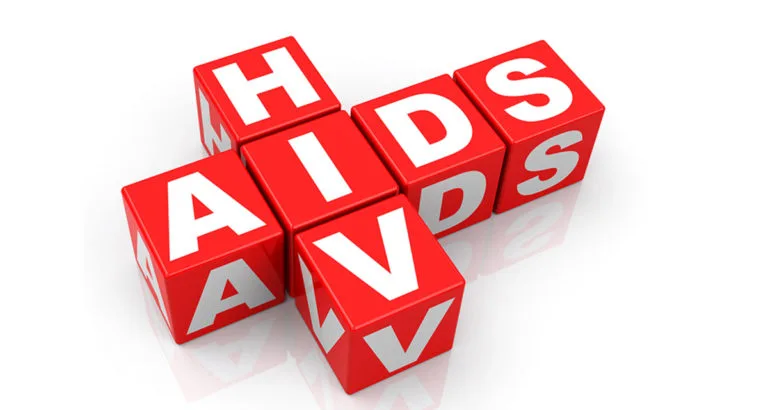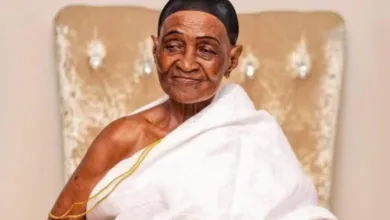HIV does not kill, stigma does – Ghana AIDS Commission
HIV does not kill, stigma does – Ghana AIDS Commission

The Ghana AIDS Commission has underscored that People Living with HIV (PLHIV) do not die from the virus itself, but rather from the societal stigma surrounding them. Although HIV remains a significant challenge in Ghana, the commission emphasizes the importance of respecting the human rights of PLHIV.
Mary Naa Asheley Anyomi, Volta/Oti Regional Technical Coordinator, delivered a presentation on the ‘State of HIV Epidemic’ at a Ghana AIDS Commission/Youth Employment Agency forum in Ho.
Anyomi stressed that stigma and discrimination against PLHIV deter testing, treatment, and disclosure, while cultural and religious barriers impede discussions on sex education, condom use, and reproductive health.
The presentation was attended by 945 trainee Community Police Assistants (CPAs) at the Ho Police Training School. Anyomi urged the CPAs to become HIV advocates among their peers and community members and to abstain from unprotected sex while on duty, emphasizing the importance of prevention over cure.
Life
According to Mrs. Anyomi, the Volta Region is currently home to 19,078 individuals living with HIV, comprising 4,999 males, 12,881 females, and 1,198 children under 14 years.
Furthermore, eight districts – Anloga, Ho, Hohoe, Ketu South, North Tongu, South Tongu, Ketu North, and Ho – accounted for 75% of new infections in the region, with females constituting 60% of every 100 new cases.
In the region, seven of the 18 districts and municipalities reported anti-retroviral coverage of less than 60 per cent, with only one district exceeding 61 per cent, far from the desired 95 per cent target.
Challenges
Mrs. Anyomi emphasized that HIV can be effectively managed, and with proper treatment, the likelihood of transmission is reduced by 80%.
She highlighted that there is life after HIV diagnosis, as treatment is effective, and people living with HIV (PLHIV) can lead everyday lives with proper care. However, she noted that some PLHIV face stigmatizing and discriminatory attitudes in their communities, forcing some to relocate.
A 2022 study revealed that 48.6% of men in the Volta Region believed children living with HIV should not attend school with other children, and 59.8% would not buy fresh vegetables from a shopkeeper living with HIV.
Highlighting the challenges affecting HIV/AIDS programmes, Mrs Anyomi mentioned the decline in donor funding, resulting in significant financial gaps over the past decade.
She pointed out that limited investment in prevention, stigma reduction and social and economic impact mitigation has had a considerable impact.
Additionally, she noted the low condom use among young people, especially adolescent girls and young women, as a significant challenge. Stigma and discrimination against people living with HIV discouraged testing, treatment and disclosure, while cultural and religious barriers limited discussions on sex education, condom use and reproductive health.
Mrs Anyomi underscored the importance of implementing community-based testing programmes to reach remote or marginalised populations and address the drivers of the epidemic at festive and national events.

